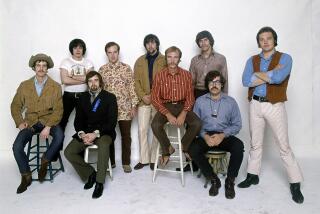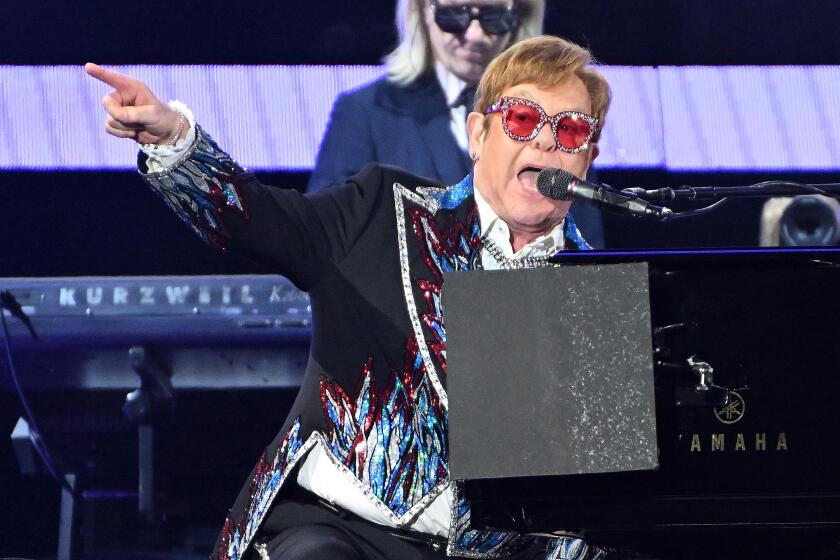Great White plays on five years after deadly fire
PROVIDENCE, R.I. -- Police and firefighters showed up early for a recent Great White concert at a Cincinnati nightclub -- just to be sure no pyrotechnics would be used.
With a new tour and a new album, Great White has tried pressing forward since its pyrotechnics ignited the Feb. 20, 2003, fire that killed 100 people, including Great White guitarist Ty Longley, and injured 200 others at the Station nightclub in West Warwick.
Five years later, though, the band’s connection to the deadly blaze is hard to shake.
Tony Heitz, manager of Annie’s, the Cincinnati club where 600 fans enjoyed a show without any problems, noted that “you’d have to be in a cave” not to have heard about the fire.
The band, which enjoyed success in the 1980s with its blend of blues and hard rock, reunited last year with original members to mark their 25th anniversary, issued a new studio album and spent the last two months touring Europe.
They have steered clear of Rhode Island, where many victims’ relatives still hold them at least partly responsible for the fire and remain upset that only the club owners, Jeffrey and Michael Derderian, and the band tour manager, Daniel Biechele, were held criminally responsible.
“I don’t see why they are out there playing, why anybody would even want to go hear them,” said Diane Mattera, whose daughter, Tammy Mattera-Housa, died.
The band’s label, Shrapnel Records, did not return calls for comment. An e-mail attempt to contact the band went unreturned.
Great White guitarist Mark Kendall told the Associated Press in 2006 that the Station nightclub fire was a “full-blown American tragedy.”
Hundreds of survivors and victims’ relatives are suing the people who made up the band at the time of the fire (the band’s lineup has changed several times). Their lawyer, Steven Richard, declined to comment because the case is still pending.
Great White laid low after the fire, then began touring to raise money for the Station Family Fund, which was created to help survivors with medical bills and other expenses.
Great White emerged in the 1980s as part of the so-called “hair band” genre, where groups found success with a formula of loud guitars, power ballads -- and big hair.
Their biggest hit was a cover of Ian Hunter’s “Once Bitten Twice Shy,” and they scored platinum albums and a Grammy nomination.
But by February 2003, their heyday had long passed and they were touring venues like the Station, a roadside nightclub in West Warwick with a capacity of fewer than 500.
More to Read
The biggest entertainment stories
Get our big stories about Hollywood, film, television, music, arts, culture and more right in your inbox as soon as they publish.
You may occasionally receive promotional content from the Los Angeles Times.










